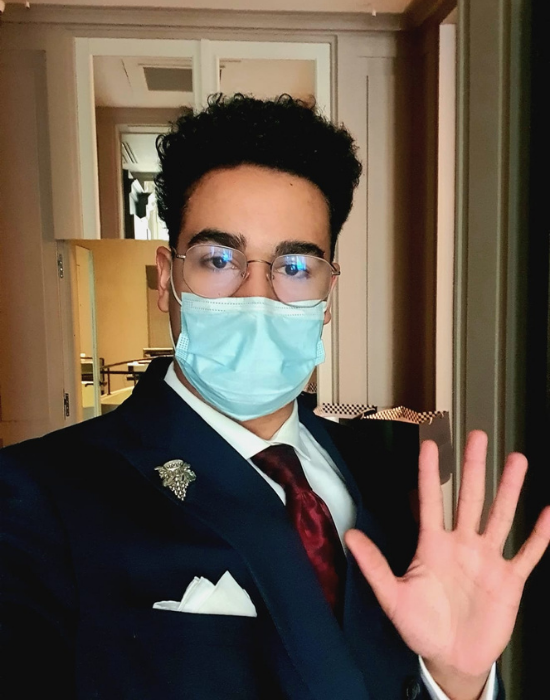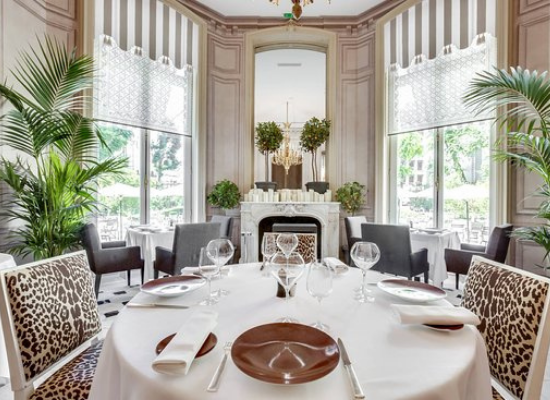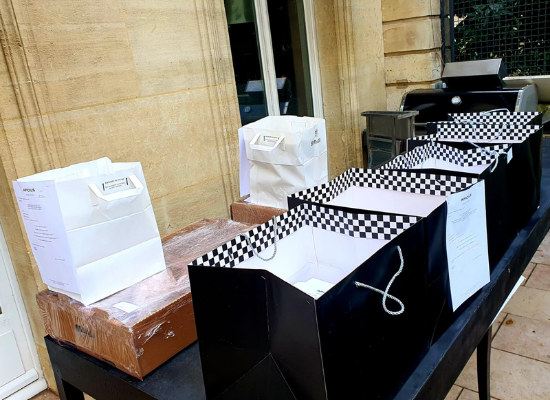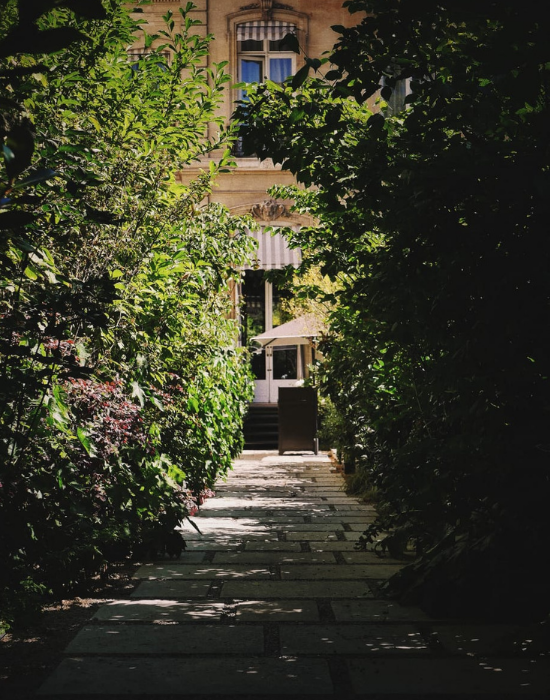Super Early Bird Ends
30 April 2025
Warehouse Deadline
30 Sep 2025
Judging Dates
7 October 2025
Winners Announcement
28 October 2025

Let's have a short conversation with Gabriele Callegarin, Chef Sommelier adjoint chez Apicius.
Originating from a reputable Italian wine region, I hold the esteemed Young Talent of the Year prize in Italy, for the completion of his studies (in the Institut de Chimie et OEnologie in Paris). I also hold a postgraduate degree in international trade in wines and spirits from the renowned school La Viti Beaune. Under the supervision of the well-known burgundy wine producer Bernand Vanberg, I mastered the art and essence of the wine production and market. That acute knowledge of the wine industry led me to be able to consolidate partnerships for the wine branding of any Italian Wineries but also to be a consultant for wine auction houses. Along with those activities, I manage wine purchases at the Michelin-starred restaurant Apicius currently run by the notorious chef Matthieu Pacaud. I’m a member of the UDSF (Union des sommeliers de France).
Concerning the current state of the market, I witness the difficulties that distributors and consumers have to cope with in regard to the repeated closing of restaurants.
My position of leadership at the Apicius restaurant led me to be a part of the decision in the reorganization of the restaurant due to the news economical dynamic. For instance, the restaurant offers the customer the possibility to order take-away and we are also thinking about catering offer.

Gabriele Callegarin, Chef Sommelier adjoint chez Apicius.
From my point of view before COVID, the restaurant industry and the trading world had a purchasing cycle that respected the seasons, and also the production cycle, that we can lightheartedly call "the vine’s cycle".
[[relatedPurchasesItems-45]]
It is thanks to this that the first wave of COVID, had not yet worried the producers, but only the distributors who were necessary for relation with the consumption and the governmental limitations. The producers were not yet impacted because they produce and sell their wine once a year.
In October, the entire chain: production, distribution, trade, consumption, investment, definitively understood that it was no longer a 6-month issue and was completely overwhelmed because of the long impact of COVID over the cycle.
As a sommelier at Apicius, I focused on the difficulty of spreading the annual purchases over 5 months. I spent a lot of time trying to stick to commercial commitments and finance charges from a current situation and also the residual of the past. I specifically had to deal with the decrease in consumption and also the lack of seasonal activity.

A picture of indoor dining by Gabriele.
One must be aware that the sommelier's job follows the philosophy of his restaurant. The full-time sommelier, as we knew it before, is no longer relevant. There are branches of the industry that need our expertise, in the sector of purchasing, the sector consumption, customer satisfaction, merchandising, and marketing with promotional YouTube channels for example. There is also the world of wine expertise and wine estimation that are closely intertwined with the modern sommelier. Being a part of a jury for a tasting can also be a simple way to put a new dynamic to the job. In my opinion, we must succeed in regaining our "professionalism" and put ourselves forward with a different method.
During the lockdown, I was less busy at the restaurant, but more demanded as a consultant. I could see that b2b and b2c reacted differently to the pandemic. The b2b during the second lockdown stopped buying, and the b2c kept on buying, but differently. New companies and individuals entered the market, wanting to invest with a clear investment goal in view. With this possible third lockdown, I feel like the old consumers are prepared, and have their wine stock. They do not buy a small amount to consume. They buy big to invest. And when we say big, it's the price per bottle not necessarily the quantity. At the take-out restaurant, the average customer rarely buys but then again, the premium customer consumes more expensive wines.

A picture of wine boxes by Gabriele Callegarin
I only buy the wine "direct domaine", which means without an intermediary. It's the advantage of being located in France and working in a beautiful house. I always think that the menu should be the reflection of the restaurant image but it also has to be to the taste of its customers. As for the rest of my purchasing activities, I also consider new foreign producers and I rely a lot on the indications of remote tastings to influence my purchasing advice.
The sommelier is an ambassador, now more than ever. He must be able to advise different types of customers, without being static. What I mean by that is that it does not matter whether he works for a restaurant, a cellar, or another organization. He must designate a product to the expectations of his interlocutor. In the end, he is the ultimate link between the experience and the pleasure of the customer. So his advice is a tool for an optimal restaurant experience. The wine itself is an instrument. Thus, thinking about the customer and his environment, and not only about wine is my advice.

A picture by Gabriele Callegarin